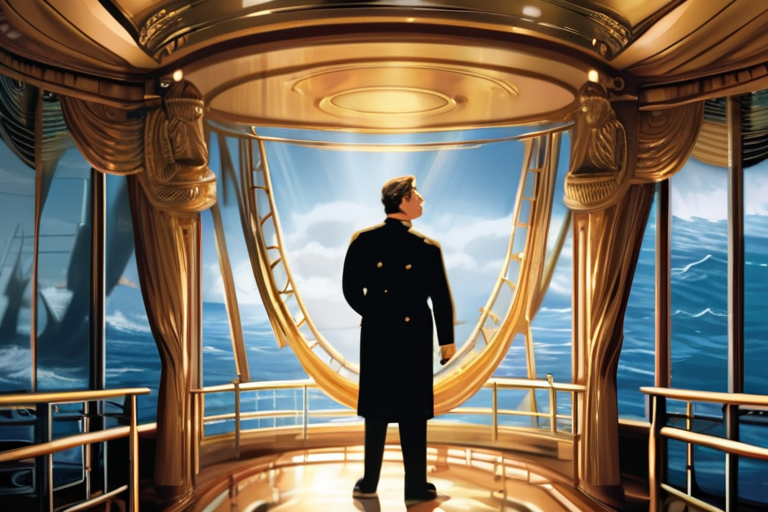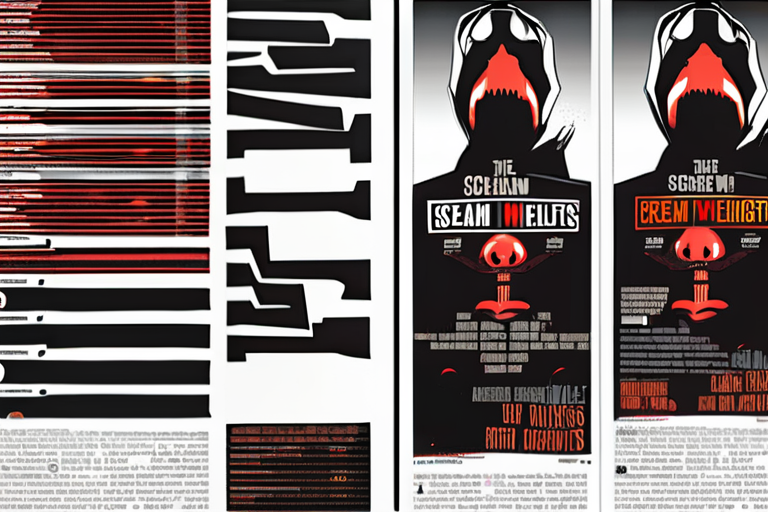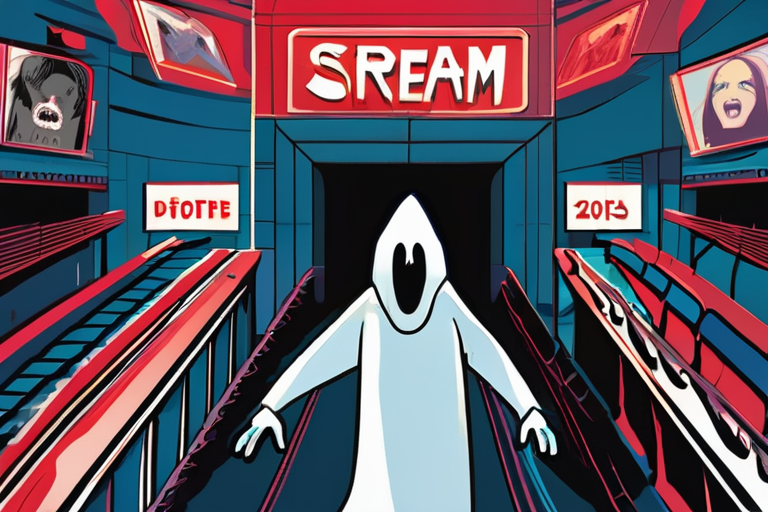Titanic's Trailer Triumph: How a Four-Minute-and-Two-Second Clip Saved James Cameron's Epic
In 1997, James Cameron's epic romance "Titanic" was on the brink of disaster. The film's budget had ballooned to $200 million, and many in the entertainment industry predicted it would sink Cameron's career. However, a four-minute-and-two-second trailer helped turn the tide, making "Titanic" one of the most successful films of all time.
According to Jon Landau, the Oscar-winning producer of "Titanic," the trailer was a crucial factor in the film's success. "The first trailer is hugely important," Landau wrote in his behind-the-scenes memoir, "The Bigger Picture." "It's the best chance you will have to capture an audience. You have two and a half minutes to convey the movie's story and feel."
Landau recalled that the trailer was the subject of a major battle between Cameron and Paramount Pictures' marketing team. "Those 150 seconds are everything," Landau noted, "and like so many things on 'Titanic,' they became the subject of a major battle."
The trailer's success can be attributed to its masterful editing, which expertly wove together scenes from the film to create an emotional and thrilling experience for viewers. The trailer's impact was not limited to just capturing audiences' attention; it also helped to shift public perception of the film.
"Titanic" was initially met with skepticism by many in the industry, who questioned its massive budget and perceived lack of commercial appeal. However, the trailer's success helped to change this narrative, positioning "Titanic" as a must-see epic romance that would leave audiences breathless.
The impact of the trailer on "Titanic"'s success cannot be overstated. The film went on to gross over $2 billion worldwide, becoming one of the highest-grossing films of all time. Cameron's reputation as a master filmmaker was cemented, and his career continued to soar.
In an interview with Variety, Landau reflected on the trailer's significance: "The trailer was a game-changer for 'Titanic.' It helped to capture the audience's imagination and created a sense of anticipation that carried through to the film's release."
Landau's memoir, "The Bigger Picture," provides a fascinating behind-the-scenes look at the making of some of Hollywood's biggest blockbusters. The book offers insights into the creative process and the challenges faced by filmmakers in bringing their visions to life.
As for the trailer itself, it has become an iconic example of effective marketing in the film industry. Its success highlights the importance of careful planning and execution in creating a compelling narrative that captures audiences' attention.
Background:
"Titanic" was released on December 19, 1997, and starred Leonardo DiCaprio and Kate Winslet as Jack and Rose, two young lovers from different social classes who find each other aboard the ill-fated ship. The film's epic romance was set against the backdrop of one of history's most tragic maritime disasters.
Additional Perspectives:
Industry experts attribute the trailer's success to its masterful editing, which expertly wove together scenes from the film to create an emotional and thrilling experience for viewers. "The trailer was a work of art," said one industry insider. "It perfectly captured the essence of the film and left audiences wanting more."
Current Status:
Landau's memoir, "The Bigger Picture," is set to be published posthumously on November 4. The book offers a unique glimpse into the making of some of Hollywood's biggest blockbusters, including "Titanic" and Cameron's Avatar franchise.
As for the trailer itself, it remains an iconic example of effective marketing in the film industry. Its success highlights the importance of careful planning and execution in creating a compelling narrative that captures audiences' attention.
Next Developments:
The release of Landau's memoir will provide further insights into the making of "Titanic" and other Hollywood blockbusters. The book is expected to offer a fascinating behind-the-scenes look at the creative process and the challenges faced by filmmakers in bringing their visions to life.
*Reporting by Variety.*



 Hoppi
Hoppi

 Hoppi
Hoppi

 Hoppi
Hoppi

 Hoppi
Hoppi

 Hoppi
Hoppi

 Hoppi
Hoppi











